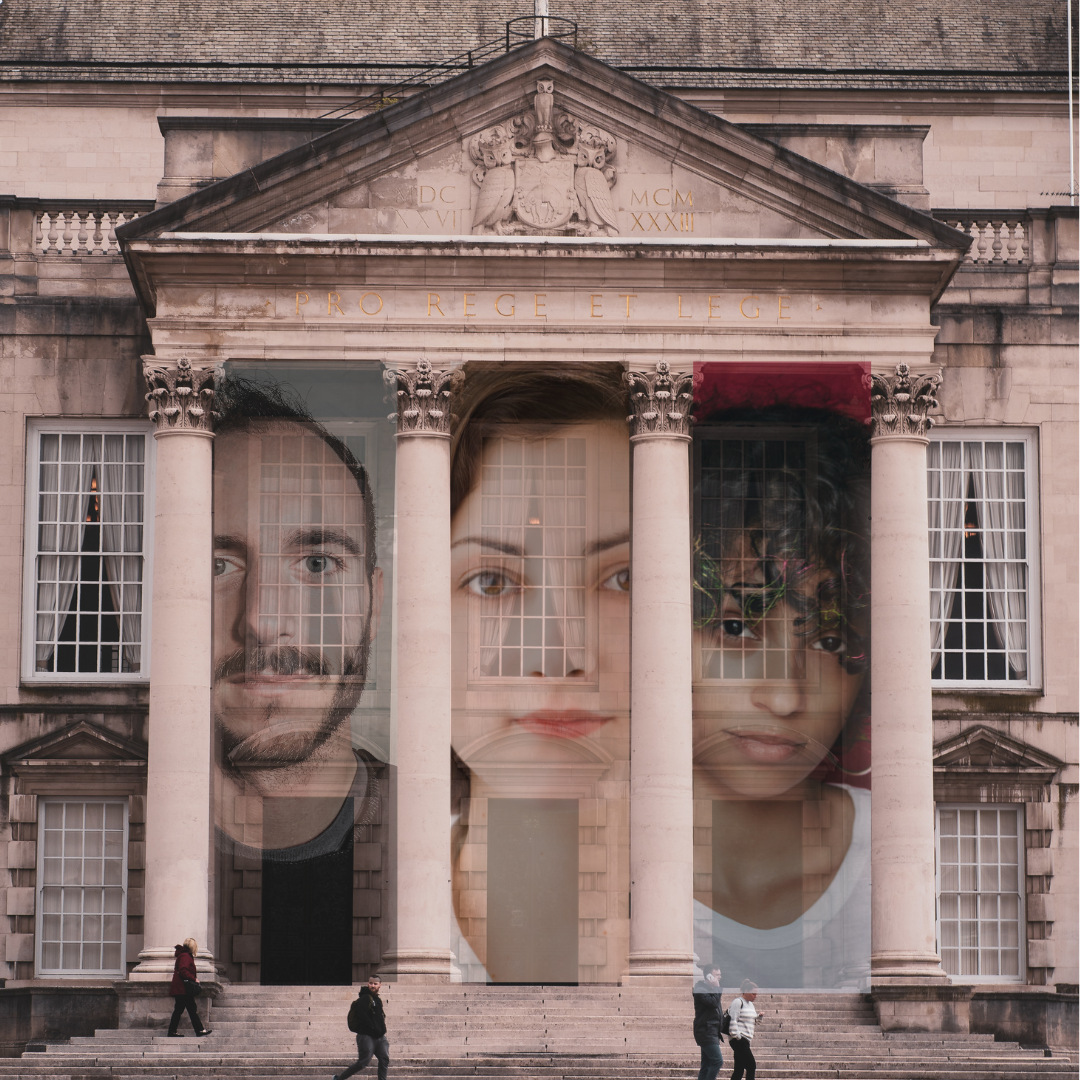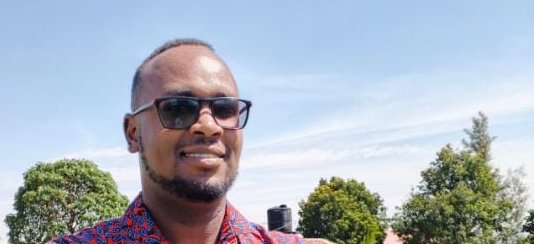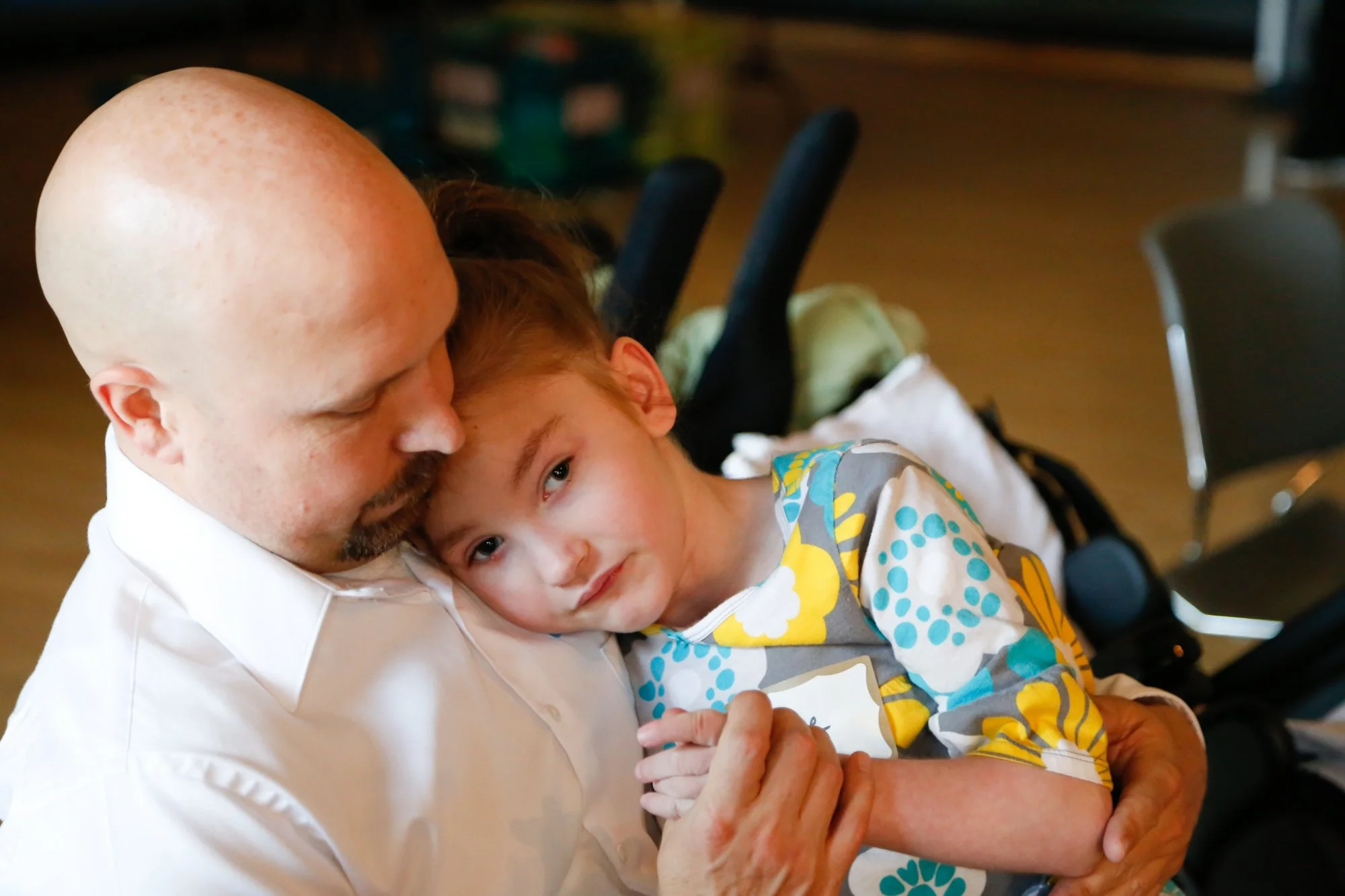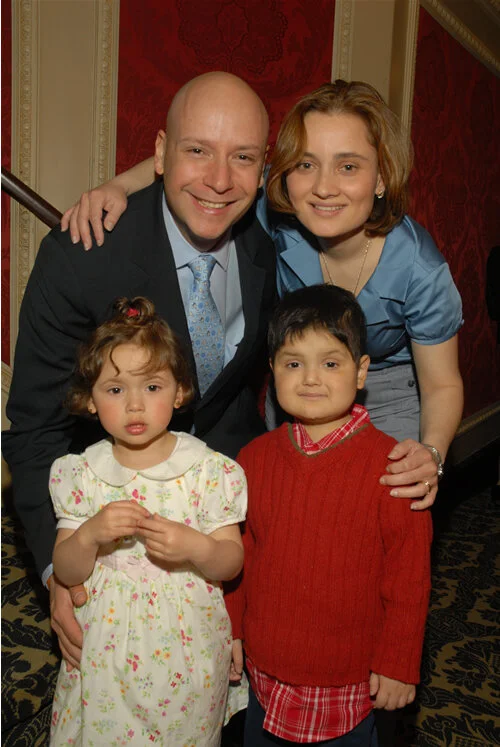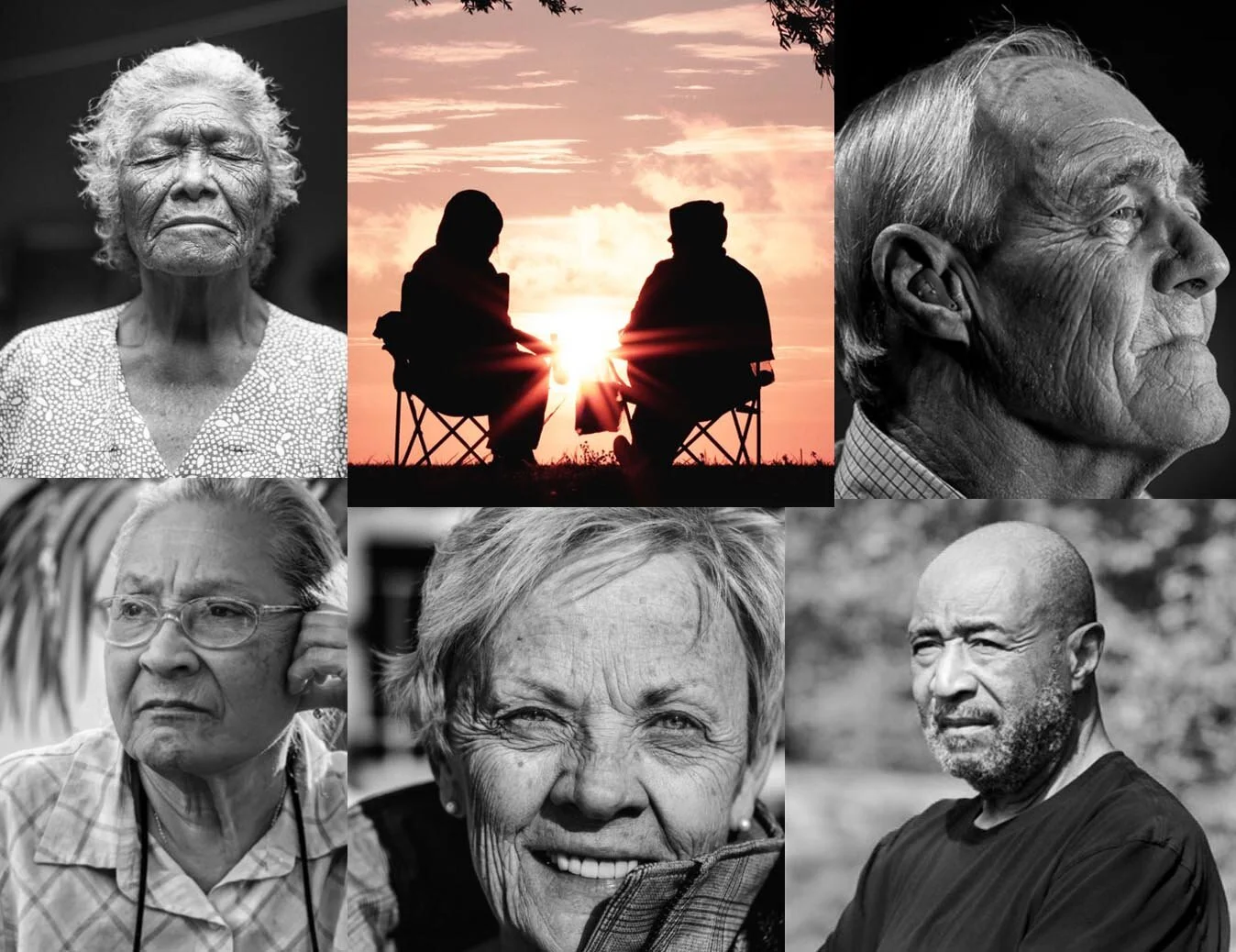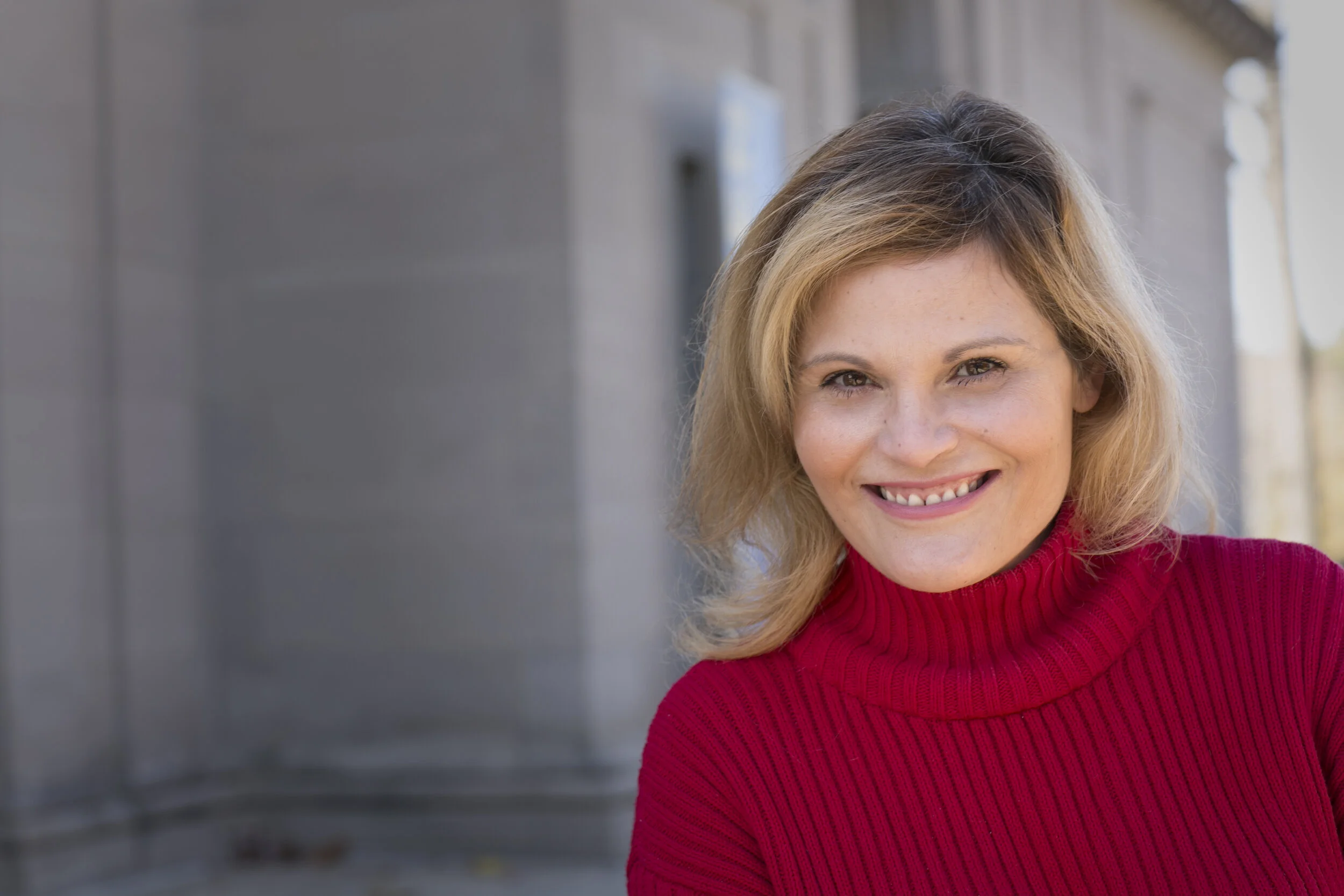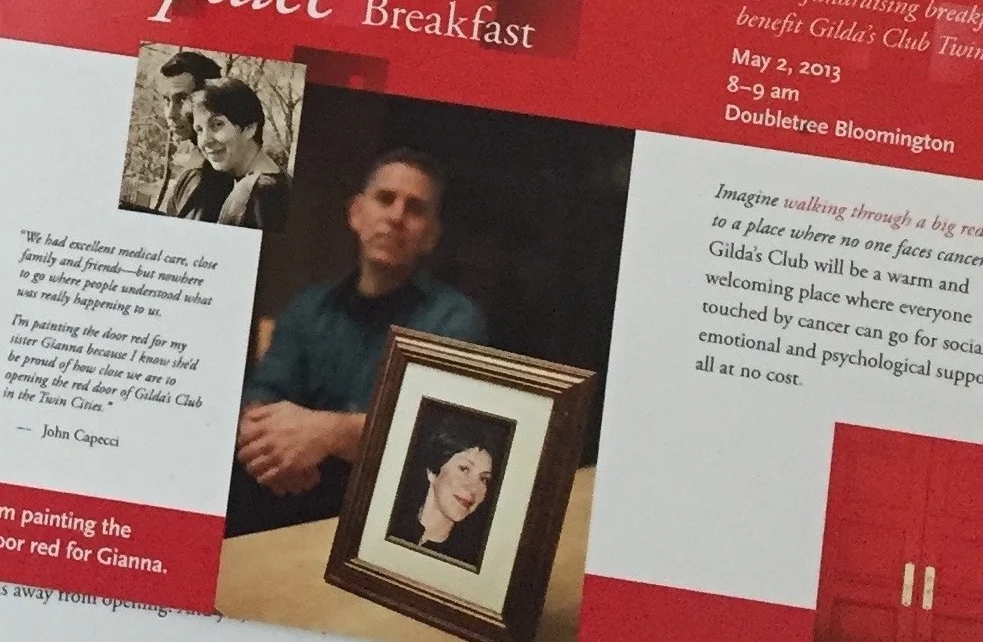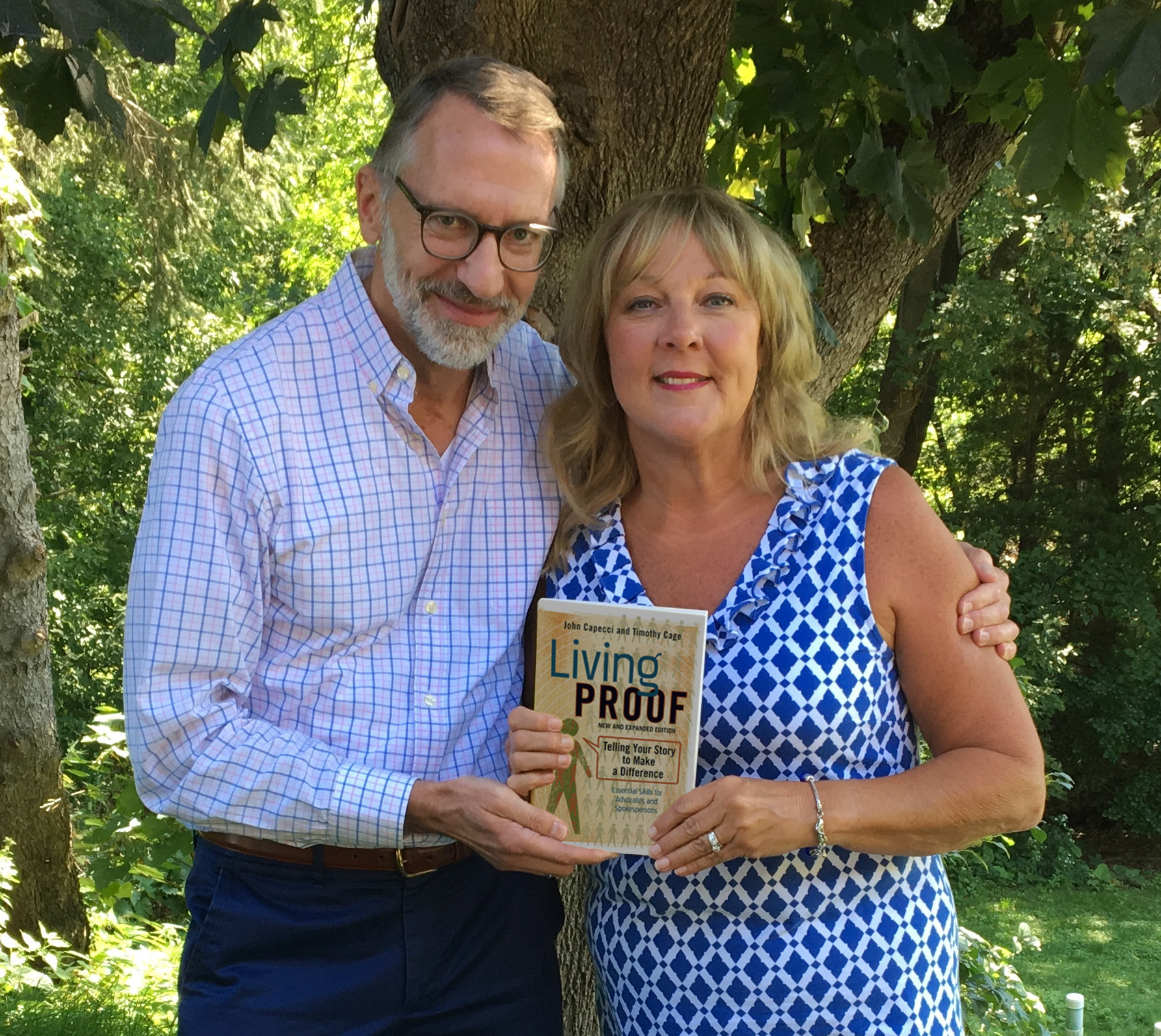Every newborn is different. So is every birth. No one knows this better than midwives and doulas.
Midwives are medically trained professionals who assist women to deliver their babies and care for mothers before and after childbirth; doulas provide emotional, physical and educational support to ensure women have a safe and memorable birthing experience.
In many areas of the world, these professionals are accepted care providers, with midwives attending to more than 66% of births in countries such as the U.K. and The Netherlands. In the U.S., where midwifery is often seen as a “radical” choice or perceived as less safe than standard OB-GYN care, that rate is only about 8%.[1]
That’s why every midwife and doula needs to be a powerful advocate, says Karen Hays, professor in the Department of Midwifery at Bastyr University in Washington state. “Depending upon where you are in the U.S.,” says Hays, “there can be very different attitudes toward and understandings of birthing methods, varying options available to women and disparate ways in which the culture supports—or doesn’t support—maternal health.”
And the key to advocacy for midwifery, according to Hays? Personal stories.
Birth stories as living proof
“Midwives and doulas have hundreds of stories,” says Hays, a certified nurse-midwife and Doctor of Nursing Practice. “But they don’t receive training on how to tell those stories for targeted effect. Getting those stories out into the culture is essential to people understanding how we can help.”
Karen Hays, DNP, CNM, ARNP
That’s why Living Proof: Telling Your Story to Make a Difference resonated with Hays when she came across the book nearly 10 years ago. Hays and a colleague used Living Proof as the foundation for an 11-week online graduate-level course they designed for Bastyr’s Maternal-Child Health Systems (MCHS) program to help mid-career midwives and doulas draw upon their rich personal and professional experiences in order to better advocate for themselves, their work, their clients and the midwifery model of care.
“Our students really respond to Living Proof,” says Hays. “Telling a story seems easy, but crafting a story for advocacy requires more effort. Living Proof shows them how.”
Today, Bastyr’s MCHS program graduates take the personal storytelling and advocacy skills they learn in the course into a variety of contexts—at a time when the COVID-19 pandemic has made advocacy for maternal and child health more important than ever.
Advocating in the time of coronavirus
Since the appearance and spread of COVID-19, more and more pregnant women are worrying about safely delivering in a hospital, which has led to increased interest in home births[2] and a spotlight on the work of midwives and doulas.
Vicki Hedley
But that doesn’t mean that there’s a broad understanding and acceptance of the midwifery model of care, explains Vicki Hedley, a 2017 MCHS graduate and home-birth midwife working in New Jersey and New York.
“Parents-to-be are anxious and stressed,” says Hedley. “Many are opting for a home birth because they’re terrified of the hospital, not because they truly want a home birth. Some don’t even know what’s involved. So, as we take care of our clients, we also need to educate them. Storytelling is part of that education.”
Colette Sturgis
For recent graduate Colette Sturgis, a certified doula and lactation consultant who runs a program that provides health education, support and advocacy for childbearing families in the South Bronx, the Bastyr course helped her find new ways of connecting to her work, clients and Community Health Workers—at a time when many are feeling the isolation of sheltering in place. Sturgis is the Maternal Infant Community Health Collaborative program director at a federally qualified health center. This program provides services to high-need pregnant and parenting women in underserved areas.
“I’ve never shied away from public speaking,” Sturgis says, “but I never wanted to talk about myself. I always tried to keep to the subject matter and to remove myself from the content. Now, I’m not afraid to talk a bit more about myself and to let people know that I have experiences in this area. That’s allowed me to be more open with others and connect myself to the subject matter—and with them—so I can advocate for their wellbeing.”
Urging cultural shifts big and small
When Amanda Powell, a 2019 Bastyr graduate and breastfeeding advocate in Maine, delivered her final class presentation in Hays’ course, it was a persuasive speech that focused on mothers returning to work. In it, she shared a story that demonstrates why cultural shifts are needed to support maternal and child health, particularly regarding lactation support.
Amanda Powell
Powell told about a friend who struggled upon returning to work after the birth of her child. The friend’s job required frequent air travel, and it was in various airports that she came face-to-face with the need for cultural change. As Powell points out, “In airports, there are more pet relief areas than there are breastfeeding rooms. It’s easier to relieve your pet than to feed your child.”
Today, Powell is vice president of the Maine State Breastfeeding Coalition where her advocacy ranges from building community support for new moms to increasing education about breastfeeding to lobbying at the state capital for health policies and medical coverage that extends to midwives and doulas.
Drawing upon experience to make a difference
For Hays, guiding students through the process of finding the passion in their personal experiences has been extremely rewarding.
“Students get really excited when they realize they get to spend time thinking about their stories and how they got into this profession,” says Hays. “I mean, you don’t become a midwife or a doula by accident. Something happened to make you say, ‘I need to make sure childbearing people know ALL their options.’ Helping midwives and doulas find and tell those stories really touches the core of the education we offer.”
Read more about Bastyr University’s Department of Midwifery.
August is National Breastfeeding Month. All month long, people around the world are celebrating the benefits of breastfeeding, while continuing the fight to ensure women have the support they need to breastfeed. Read more here.
[1] https://www.healthline.com/health/midwives-growing-in-popularity-what-to-know#Benefits-of-midwives
[2] https://www.nytimes.com/2020/04/21/nyregion/coronavirus-home-births.html; https://www.abc.net.au/news/2020-04-12/coronavirus-fears-drive-increase-in-homebirth-interest/12138386
